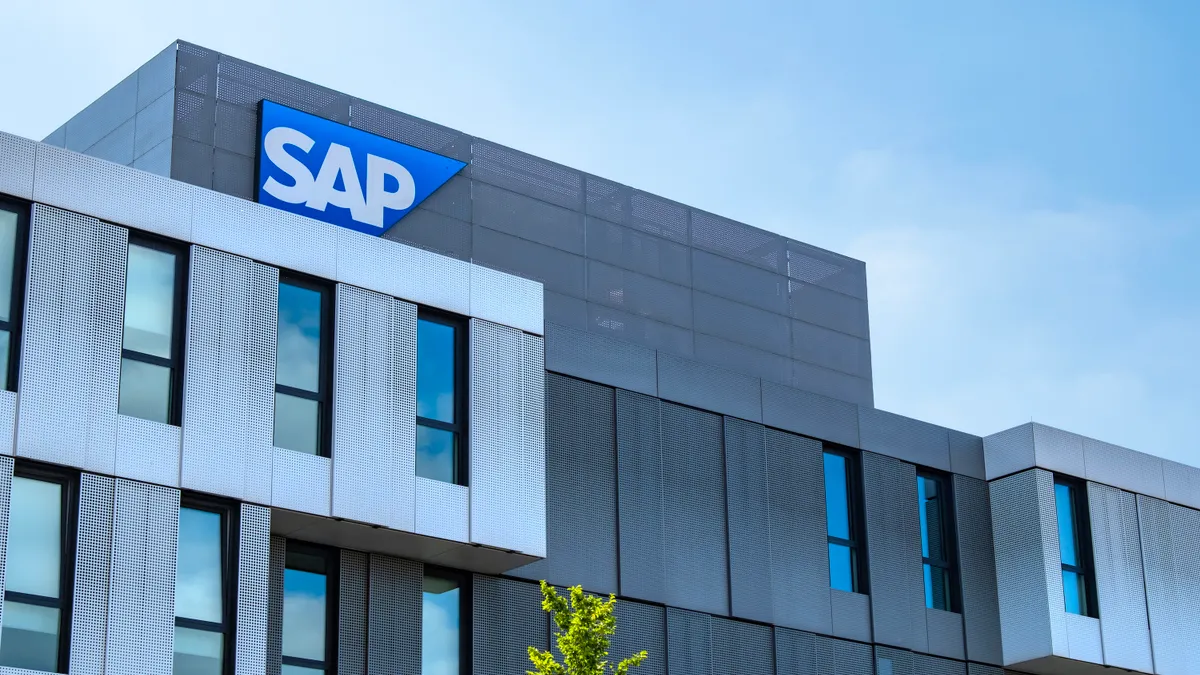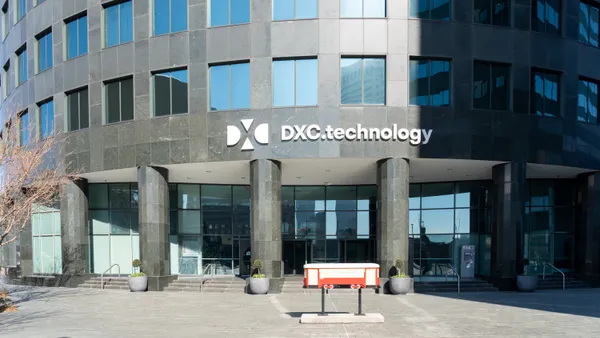Dive Brief:
- SAP proposed changes to its ERP product’s maintenance and support services after the EU’s executive branch, the European Commission, launched a formal investigation into the German IT vendor’s ERP business practices in September. The commission is now seeking public feedback over the next month on SAP’s latest commitments.
- The company pledged to offer customers the ability to choose between different support services suppliers. The commission originally expressed concerns over the company’s policy that customers seek support services for all SAP on-premises ERP software directly from SAP.
- “These longstanding policies reflect standard practice across the enterprise software industry,” SAP said in a statement on Friday. “In our proposed remedies, we are clarifying how they work as part of our broader commitment to transparency and customer choice.”
Dive Insight:
Enterprises buying products like SAP’s on-premises ERP platform often have to commit to regular maintenance fees, which can be a form of fiscal lock-in for buyers, one analyst said.
“This is a significant and often contentious drain on IT budgets,” Alan Pelz-Sharpe, founder of market research firm Deep Analysis, said in an email to CIO Dive. “The irony, and the heart of the problem for buyers, is that beyond critical security patches and mandatory upgrades, this expensive service often goes largely unused.”
The commission warned that SAP might have engaged in anticompetitive practices around its on-premises ERP maintenance and support services, including systematically extending initial ERP licenses, during which time customers aren’t allowed to terminate maintenance and support services.
SAP’s proposed package of remedies to alleviate the commission’s concerns includes the following:
- Clarifying conditions to SAP customers for splitting their SAP system — including all on-premises ERP products and licenses — into separate parts, allowing customers to choose between different support services suppliers and level of SAP support for each part.
- Granting wider access to single-metric contracts as an alternative way to calculate maintenance and support fees. Customers will also be able to reduce their costs by moving unused licenses to a separate part of their SAP system and terminating the maintenance and support services for those licenses.
- Clarifying contractual provisions for initial license terms, at which time customers cannot end their support contracts, and refraining from restarting such terms during additional license purchases.
- Abolishing reinstatement fees for customers and reducing back maintenance fees to 50%, capped at the total cost of a six-month period for maintenance and support fees.
If the commission agrees to the commitments and makes them binding, they will apply to all current and future customers globally for 10 years.
“We do not anticipate the proceeding will result in material impacts on our financial performance,” SAP said.
Regular maintenance fees, however, are a “highly profitable and stable revenue stream for vendors,” Pelz-Sharpe said. Enterprises often pay six or seven-figure annual sums for “an insurance policy they rarely claim,” he added.
The high cost of maintenance and support services offered by large, established IT vendors has helped to create a market of third-party maintenance and support vendors that offer comparable services at a fraction of the cost, Pelz-Sharpe said.
“These emerging platforms present a nascent but tangible long-term threat to the legacy giants — a threat the incumbents are acutely aware of,” Pelz-Sharpe said.
Still, third-party providers face an uphill battle against legacy companies, he added, as “buyer psychology and risk aversion often trump pure economics.”
“For now, the lock-in remains profoundly real,” Pelz-Sharpe said. “The sheer complexity, cost and risk of ripping and replacing a core system like an ERP means that for most, the annual maintenance bill remains a grudgingly accepted cost of doing business.”















